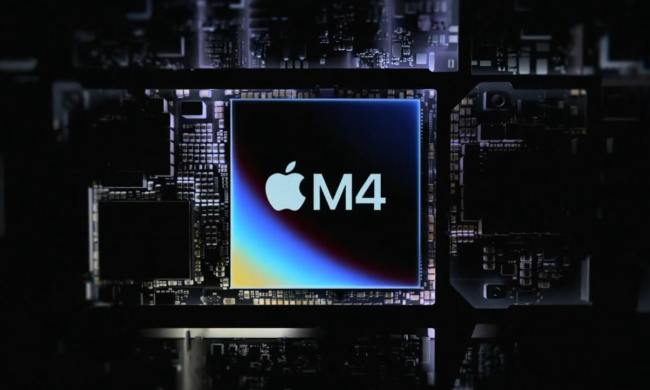Amidst reports that Facebook gets more traffic than any other website, Google is calling social networking only “one chapter” of its long-term strategy, reports the AFP. Speaking with Australian public television, Patrick Pichette, Google’s chief financial officer, said that the digital economy is exploding and innovation is crucial to surviving.
“The digital world is exploding and it has so many chapters — it has cloud computing, it has mobile, it does have social, it has searches, it has so many elements. Within that… social (networking) is just one chapter,” said Pichette. “Everybody has to take in consideration social signals, but it’s one of so many signals to make the right decision. So yes, absolutely it will be part of our strategy. Yes, it will be embedded in many of our products.”
Good to know. Hopefully Google realizes that a book is unreadable if it’s missing chapters. It’s even worse if those chapters don’t make sense together, as has been the case with many of Google’s social products thus far.
For months, rumors have persisted that Google is working on its own social network, a Facebook killer of sorts, called “Google Me.” The search giant has denied the rumors in recent weeks, but only in cryptic, non-denial ways. Last week Facebook announced an email service that could be seen as a competitor to Gmail.



